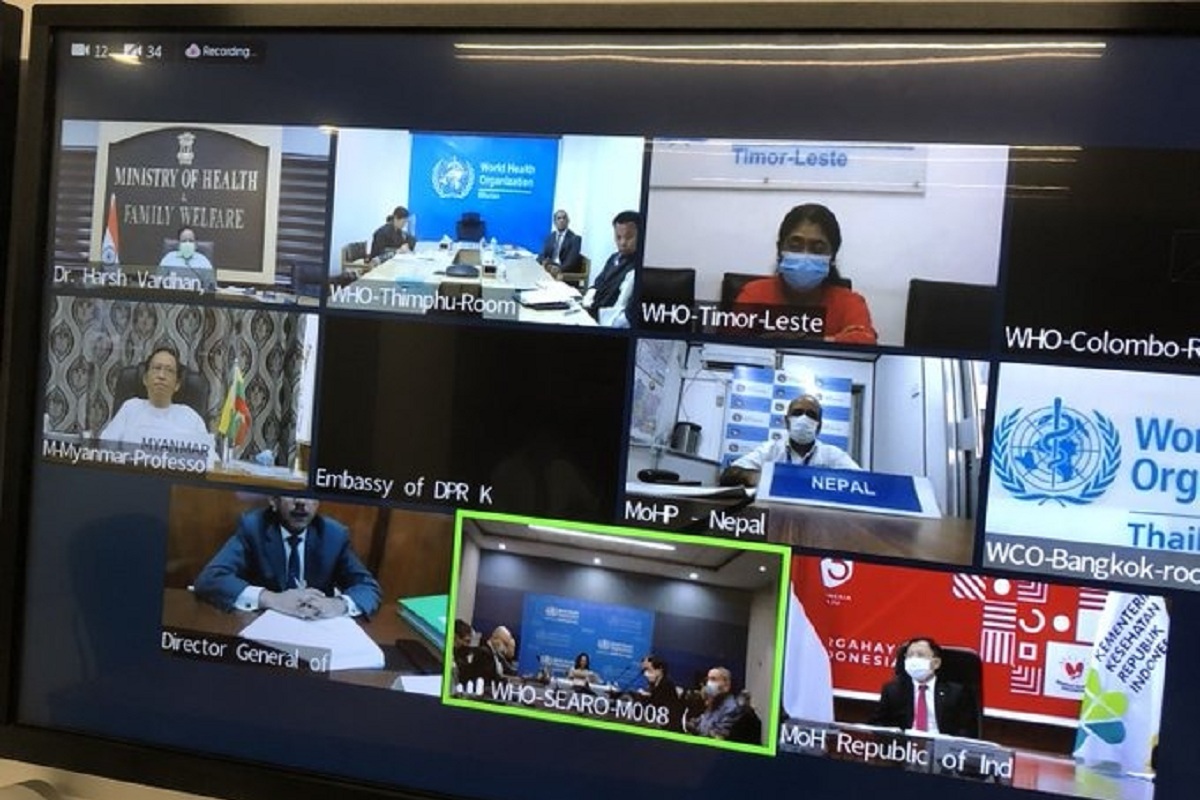The World Health Organization (WHO) on Thursday urged member countries in South-East Asia Region to maintain essential health and accelerate the resumption of disrupted health-care services, hit by the pandemic, as an integral part of the COVID-19 response.
“The pandemic has put immense strain on health systems across the South-East Asia Region. The previous disease outbreaks have shown that disruption to essential services caused by an outbreak can be more deadly than the outbreak itself. We must fast track efforts and do all we can to avoid that happening while continuing efforts to break COVID-19 transmission chains,” said Dr Poonam Khetrapal Singh, Regional Director WHO South-East Asia Region, in a virtual meeting with Ministers of Health from the Region on Thursday.
Advertisement
Since the outbreak of COVID-19, repurposing of health workers, cancellation of elective care, closure of outpatient services, insufficient personal protective equipment, and changes in treatment policy have significantly impacted the delivery of essential services. Additionally, changes in health-seeking behaviour constrained physical access and financial hardship have also limited service uptake.
WHO issued guidance on maintaining essential health services in March and its update in June as a core part of the pandemic response which has been a critical part of the Region’s COVID-19 response.
“We must strengthen our evidence and knowledge base on how essential services can be maintained. We must continue to innovate, accelerate our efforts to sustain our gains while sharing our experiences and learnings and adapting policies to suit local contexts and transmission scenarios,” Dr Khetrapal Singh said.











